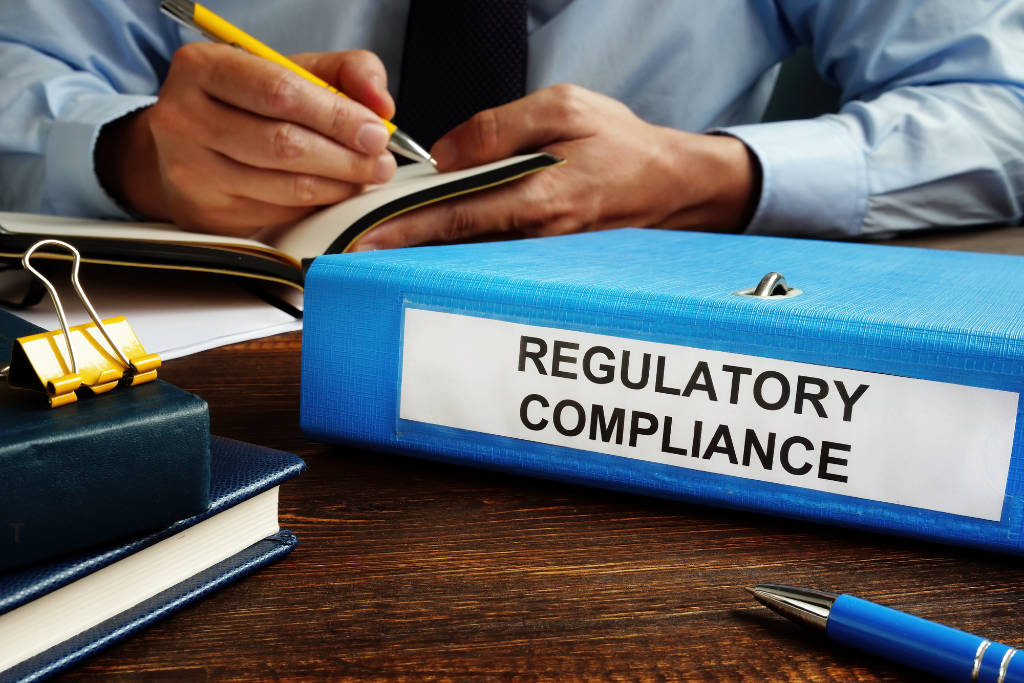As certified LP Gas installers, we understand the importance of complying with the laws and regulations governing LP Gas installations in South Africa. Not only is it required by law, but it ensures the safety of you and your loved ones.
LP Gas Installation Regulations
According to SANS 10087-1:2013 regulations, all LP Gas installations must have a Certificate of Conformity (COC). This document is essentially a certificate that confirms the installation has been thoroughly inspected, tested, and deemed safe and leak-free.
However, this certificate may only be issued by an Authorised Person registered with the Liquefied Petroleum Gas Safety Association of Southern Africa (LPGAS) and SAQCC Gas. This ensures that the installation has been completed per the regulations of both SANS: 10087 and other relevant SANS standards, as well as the LPGSA and SAQCC Gas Certification Standards requirements.
Regulation 17.1 of the Pressure Equipment Regulations of July 2009 further states that only Authorised Persons are allowed to install, modify, or remove a gas appliance, system, or reticulation system. The user is responsible for ensuring that an external inspection and leak test are performed by an Authorised Person or Approved Inspection Authority.
The Modern COC Document
The modern COC document is issued electronically on the SAQCC COC App, which only authorised persons can access. The old paper COCs are being phased out to prevent the issue of falsified COCs by unregistered persons, ultimately improving the quality of installations and work in the industry.
In summary, obtaining a valid COC is not only required by law but also ensures that your LP Gas installation is safe and compliant. As certified installers, we prioritise the safety and well-being of our clients and their loved ones, and we strive to complete all installations in accordance with the regulations and standards set out by the industry.
Have more questions about LP Gas regulations? Don’t hesitate to reach out.
Werner le Roux
(083) 630-5578
